innovations technologiques et gestion de l’eau en Algérie : La maîtrise de la demande
Innovations technologiques et gestion de l’eau en Algérie : La maîtrise de la demande
Résumé :
Alors que les ressources d’eau naturelles conventionnelles viennent à manquer, les technologies traditionnelles n’arrivent plus à concilier entre la satisfaction de la demande sans cesse croissante, et l’augmentation des dotations en eaux.
La création et le développement de moyens techniques et technologiques nouveaux, permettant d’échapper à la sujétion des conditions locales et aux aléas de la nature dans le domaine de l’eau, représente une des conditions préalables au développement de l’économie.
L’approche en termes de demande de l’eau est d’ordre qualitatif et prône l’efficacité économique.
Elle va de paire avec la mise en valeur de nouvelles ressources et préconise une maîtrise plus stricte de la
demande.
La gestion et la maîtrise de la demande doit s’opérer par le recours aux innovations technologiques et ce sur deux axes complémentaires : une première action sur la quantité de la demande et une seconde action sur la qualité de la demande.
Mots Clés : Innovations technologiques, gestion de l’eau, maîtrise de la demande, économie de l’eau, Algérie
Abstract
While conventional natural water resources become scarce, traditional technologies are no longer able to balance between the growing demand and increased water allocations.
The creation and development of new technical and technological process, to escape the hardship of local conditions and the vagaries of nature in the field of water, is a prerequisite for the development of the economy.
The water approach in terms of demand is qualitative and promotes economic efficiency.
It goes both with the development of new resources and a good control of water demand.
Management and water demand control must be effected by the use of technological innovations in two complementary approaches: a first action on the demand quantity and a second action on the quality.
Keywords: Technological innovation, water management, demand control, water economic, Algeria

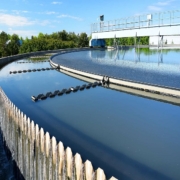 AAEA
AAEA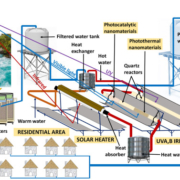 AFWASA
AFWASA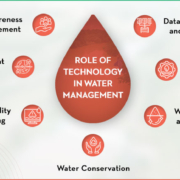 AFWASA
AFWASA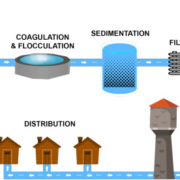 AFWASA
AFWASA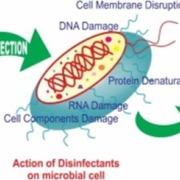 AFWASA
AFWASA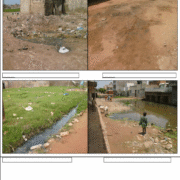 AAEA
AAEA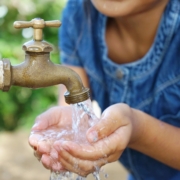 AAEA
AAEA AFWASA
AFWASA AFWASA
AFWASA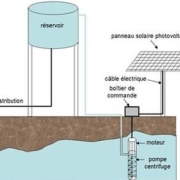 AAEA
AAEA